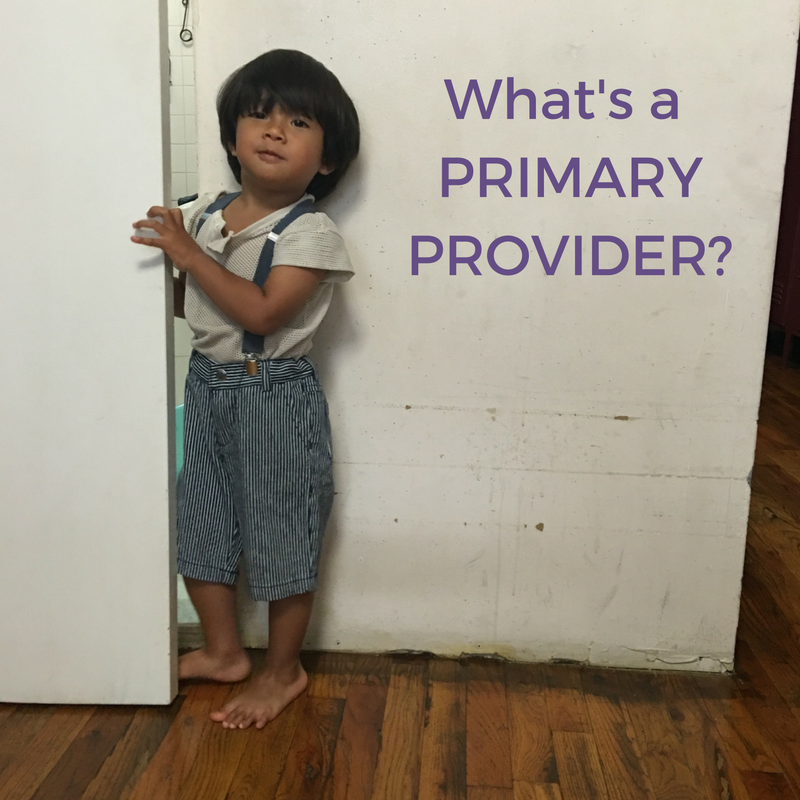 There are a lot of words thrown around during an international adoption. Many of these words are foreign to prospective adoptive families. The term primary provider is likely one of them.
There are a lot of words thrown around during an international adoption. Many of these words are foreign to prospective adoptive families. The term primary provider is likely one of them.
All families who pursue international adoption are required to use a primary provider. When the Universal Accreditation Act went into effect in July 2014, all families, regardless of which country they adopt from, must use a primary provider. In most cases, a family’s adoption agency, or adoption service provider, will act as their primary provider, and they’ll begin working with this agency at the very beginning of the process. But, this may not be the case for every family.
While families have been required to use an adoption service provider, or a primary provider, when adopting from a Hague Convention country for years, the use of a primary provider is a newer requirement for families adopting from non-Hague Convention countries.
Primary providers provide the following six adoption services:
- Identifying a child for adoption and arranging an adoption;
- Securing the necessary consent for termination of parental rights and to adoption;
- Performing a home study and reporting on prospective adoptive parents or a background study and report on a child;
- Making non-judicial determinations of a child’s best interest and of the appropriateness of an adoptive placement;
- Monitoring a case after a child has been placed with prospective adoptive parents until final adoption; and
- Assuming custody of a child and providing childcare or any other social service when necessary, because of a disruption pending alternative placement. 1
For most families, a primary provider provides all of the six adoption services, but for families who have already started the adoption process or completed the adoption internationally, some services may not be applicable.
The use of a primary provider is required in all international adoption cases, including adoptions that have already been completed in another country, relative adoptions and adoptions from non-Hague Convention countries.
For families who have already completed adoptions, but haven’t been able to receive approval from USCIS to bring their child to the United States, a primary provider should be able to assist. However, they must review everything that has been done in the adoption up to the point that they begin providing assistance. By partnering with a family, a primary provider takes on full liability for the entire adoption case. Since USCIS will want to see documentation of the child’s abandonment process and proof of adoption, it is important for the primary provider to review as much information as possible about a family’s case.
Families who are looking for a primary provider should be prepared to share all their adoption paperwork and answer questions about their processes.
Before taking on a primary provider case, an adoption agency will want to research not just a family’s specific situation, but also the country’s laws. Unfortunately, there are some countries where international adoption to the United States is not a possibility.
MLJ Adoptions evaluates each case individually and we take them on a case-by-case basis. We have assisted families with adoptions from Malaysia, Tanzania and Sudan. We are currently serving as a primary provider for families adopting from Bangladesh, Nigeria, Liberia, Pakistan and Trinidad.
If you’re interested in learning more about our adoption services, please contact us.
1Definition from the U.S. State Department
References:
